What's the Deal with Tangible Personal Property Schedule Reports?
Hello and welcome to today’s episode, where we’re going to be discussing the importance of the Tangible Personal Property Schedule Report, or TPR.
So, let’s start by discussing what a TPR is. A TPR is a comprehensive inventory of a property’s tangible assets. It provides valuable information about the physical assets on a property and is used for asset management, financial planning, and taxation purposes. This report is an important tool for property owners, managers, and investors, as it helps them understand the value and condition of their assets, track maintenance and replacement costs, and make informed decisions about property investments.
Now, who can fill out a TPR? Property owners, property managers, accountants, appraisers, and property inspection companies can all fill out a TPR. Property owners can fill out a TPR to track the value and condition of their tangible assets for asset management, financial planning, and tax purposes. Property managers can fill out a TPR to keep a comprehensive record of the assets on a property for which they are responsible. Accountants can fill out a TPR to assist property owners and managers in accurately calculating the value of their assets for tax purposes. Appraisers can fill out a TPR to provide an independent and impartial assessment of the value of a property’s tangible assets. And property inspection companies can fill out a TPR as part of their inspection services to provide a comprehensive report of the assets on a property.
So, what happens if you don’t report a TPR? Failing to report a TPR can have several consequences. One of them is financial penalties, such as fines or increased property taxes, in certain jurisdictions. Without a TPR, it can be challenging to accurately calculate the value of a property’s tangible assets for tax purposes, leading to incorrect tax assessments. In addition, inadequate asset management, loss of valuable information, and difficulty in making informed decisions about asset management, financial planning, and tax purposes can also result from not reporting a TPR.
In conclusion, it’s important to ensure that you report a TPR properly to avoid these consequences. A comprehensive inventory of a property’s tangible assets is essential for asset management, financial planning, and tax purposes, and without it, important information about the assets may be lost or forgotten. So, make sure you have a TPR in place to ensure proper management of your property’s assets.
That’s all for today’s episode. Thanks for tuning in, and we’ll see you next time!
